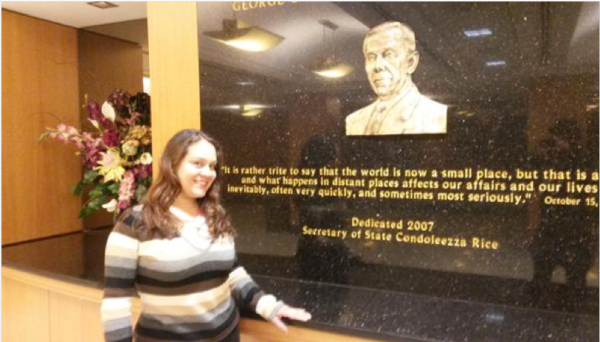March 12, 2015
FOR IMMEDIATE RELEASE
CONTACTS: Geneva team- Monica Jones 602-575-9332, J.M. Kirby: jm.kirby@law.cuny.edu;
United States- Janet Duran- 973-900-4887, Penelope Saunders- 917-817-0324, penelope.saunders@gmail.com
U.S. Sex Worker Rights Activists to Advocate Before UN Human Rights Council
Advocates Call for Justice as the UN Reviews the U.S. Human Rights Record
Geneva– Representatives of U.S.-based sex worker rights organizations will travel to Geneva, Switzerland next week, March 15-21st, to meet with members of the United Nations Human Rights Council (HRC), and to call for greater human rights protections. As the HRC prepares for a review of the U.S.’ human rights record later this spring, civil society organizations from throughout the U.S. are traveling to Geneva to educate members about violations of civil, political, economic and social human rights in the U.S.
For Monica Jones, a human rights advocate and transgender woman of color from Phoenix, AZ, the issues she will raise while in Geneva have directly impacted her own life. The target of discriminatory police profiling, Monica Jones was wrongfully arrested under an anti-prostitution police sweep program in Phoenix, called Project ROSE. After a long fight and an appeal, a judge dismissed Monica Jones’ charges earlier this month. However, like many transgender and gender non-conforming people of color, she is threatened by regular harassment by police, who use anti-sex work laws to intimidate and harm members of communities already vulnerable to discrimination. “As long as the police can target my community using these anti-sex work laws,” Ms. Jones notes, “we will never be safe from violence, including the violence of incarceration.”
Sex worker rights advocates participated in the prior review of the U.S. via the UN Universal Periodic Review (UPR) process, through which countries’ human rights records are submitted to scrutiny every four years. As a result, the U.S. adopted Recommendation 86, obligating it to increase human rights protections for sex workers. In advance of the review this year, advocates with Best Practices Policy Project, Desiree Alliance, and Sex Workers Outreach Project-NY submitted a report to the HRC, demonstrating that the U.S. has failed to live up to the promises of Recommendation 86.
The report, written in consultation with sex workers and their allies throughout the country, shows that criminalization and stigmatization of sex workers, and those profiled as such, exposes them to rape, extortion, assault, harassment, and discrimination at the hands of law enforcement. Criminalization and stigma can also lead to denial of housing, healthcare, parenting and other reproductive rights, education, incomes, and employment. The report demonstrates that the legal system frequently fails to recognize that sex workers can be victims of crime, and thus denies justice or support to sex workers who seek help. At a recent civil society meeting organized in advance of the UPR by the U.S. State Department, New Jersey Red Umbrella Alliance member Janet Duran told officials that “most of the violence [sex workers] fall victim to is at the hands of the very people who should be protecting them.”
Advocates are concerned that the U.S. exports stigma and discrimination through policies such as the “anti-prostitution loyalty oath” attached to development funding. “We will ask the world to hold the U.S. accountable for making sex workers vulnerable to human rights abuses,” said J.M. Kirby of the Best Practices Policy Project. “Our country should be promoting human rights for all, including sex workers, not shaming people because of the work that they do.”
###

